Istanbul’s vibrant street food scene is a sensory delight, offering everything from sizzling kebabs to syrup-drenched desserts. Yet, for travelers eager to dive into this culinary adventure, understanding how to navigate food safety is crucial. The city’s bustling bazaars and narrow alleyways are packed with vendors, each promising an authentic taste of Turkey—but not all follow the same hygiene standards. Knowing where and what to eat can mean the difference between a memorable meal and an unfortunate bout of food poisoning.
The first thing to note is the importance of observing the vendor’s setup. A busy stall with a high turnover of customers is often a good sign—fresh ingredients are constantly being used, reducing the risk of spoilage. Look for clean cooking surfaces, proper handwashing stations, and vendors who handle money and food separately. Many of Istanbul’s most beloved street foods, like simit (sesame-crusted bread rings) or midye dolma (stuffed mussels), are prepared in plain sight, allowing you to assess cleanliness before purchasing.
One of the safest bets is grilled meat, particularly from vendors specializing in döner kebap or şiş kebap. The high cooking temperatures kill harmful bacteria, and the meat is usually sliced fresh from rotating spits. However, be cautious with pre-cooked items left sitting out, such as kokoreç (grilled lamb intestines) or tavuk pilav (chicken and rice), especially if they’ve been exposed to heat for extended periods. Opt for places where dishes are made to order rather than pre-portioned.
Seafood lovers should exercise extra vigilance. While balık ekmek (fish sandwiches) from the Eminönü docks are iconic, ensure the fish is freshly grilled and served hot. Raw or undercooked seafood, like some versions of midye tava (fried mussels), can pose risks if not handled properly. Similarly, dairy-based street foods, such as künefe (cheese-filled pastry), are generally safe if consumed immediately but can spoil quickly in Istanbul’s summer heat.
Hydration is another consideration. Tap water in Istanbul is technically safe, but many locals and visitors prefer bottled water to avoid stomach sensitivity. Be wary of beverages with ice from unknown sources, as freezing doesn’t always kill bacteria. Instead, try traditional drinks like ayran (yogurt-based beverage) or freshly squeezed pomegranate juice from reputable vendors.
Finally, trust your instincts. If a stall seems unclean or the food smells off, it’s better to walk away. Istanbul has no shortage of incredible street food options, and with a bit of caution, you can savor its flavors safely. The key is balancing adventure with awareness—because nothing enhances a trip like enjoying delicious food without regrets.

By Eric Ward/Apr 11, 2025

By Laura Wilson/Apr 11, 2025

By Jessica Lee/Apr 11, 2025

By Christopher Harris/Apr 11, 2025

By Michael Brown/Apr 11, 2025

By Victoria Gonzalez/Apr 11, 2025
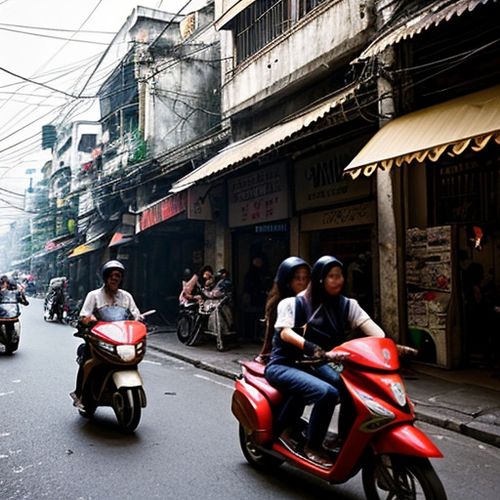
By Daniel Scott/Apr 11, 2025
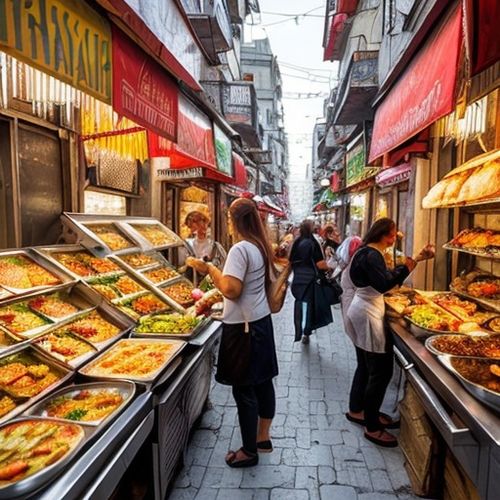
By Natalie Campbell/Apr 11, 2025
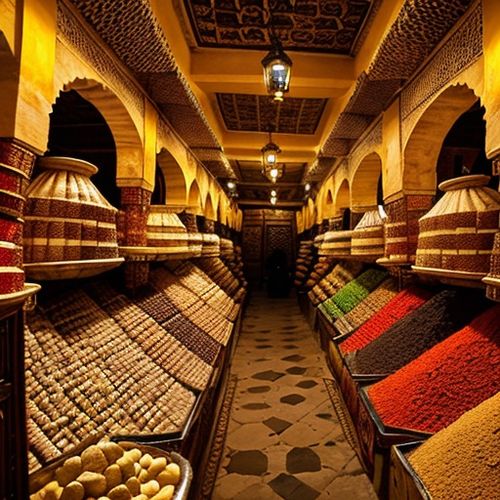
By Daniel Scott/Apr 11, 2025
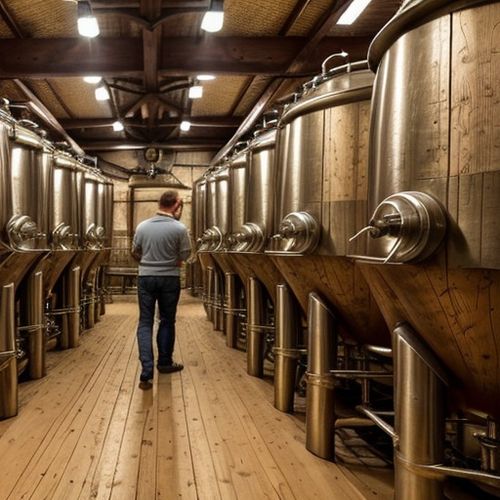
By Joshua Howard/Apr 11, 2025
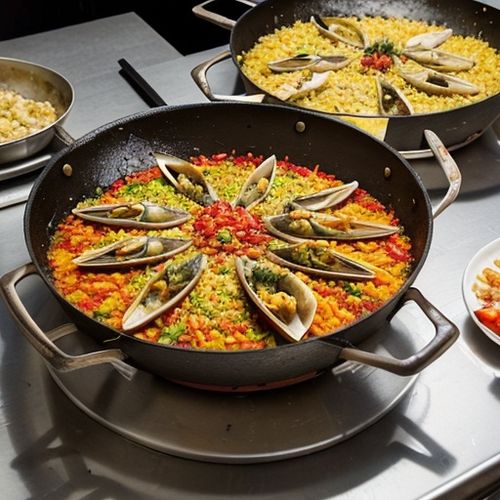
By Christopher Harris/Apr 11, 2025
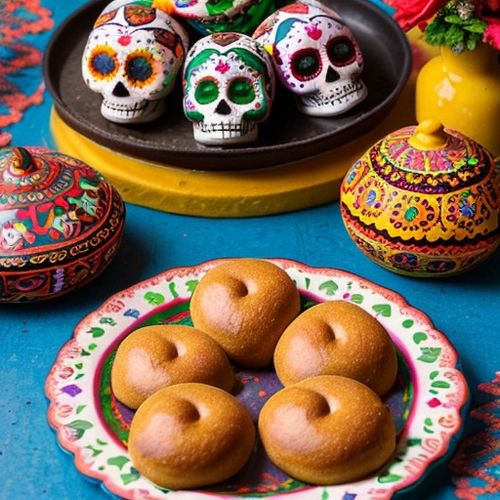
By Amanda Phillips/Apr 11, 2025
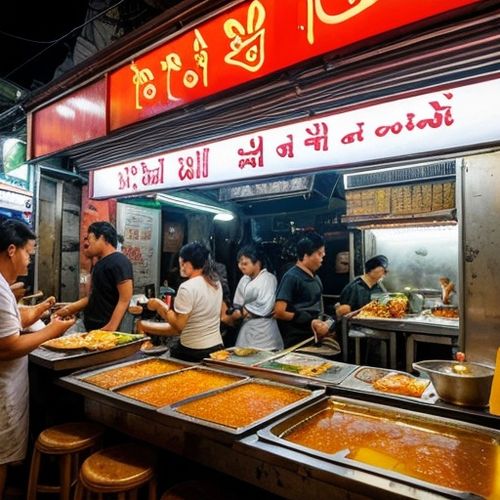
By Rebecca Stewart/Apr 11, 2025
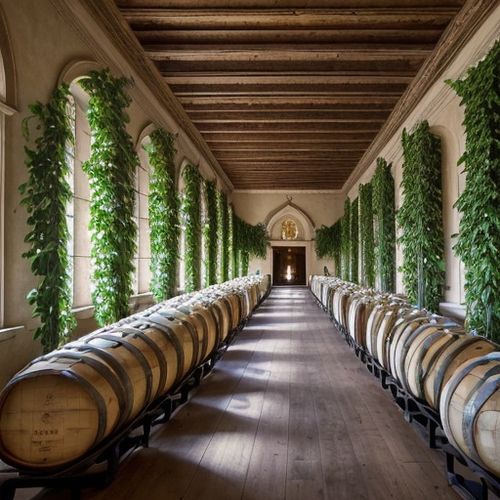
By Amanda Phillips/Apr 11, 2025
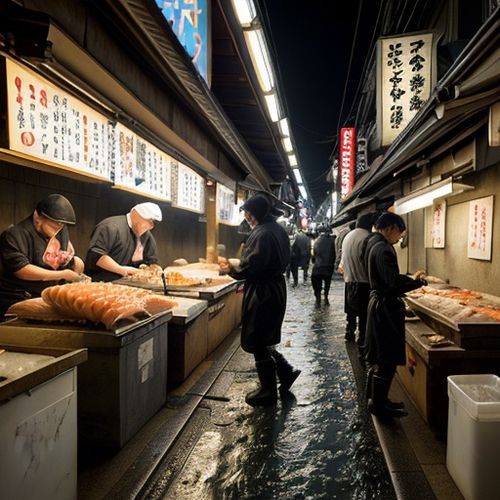
By Megan Clark/Apr 11, 2025
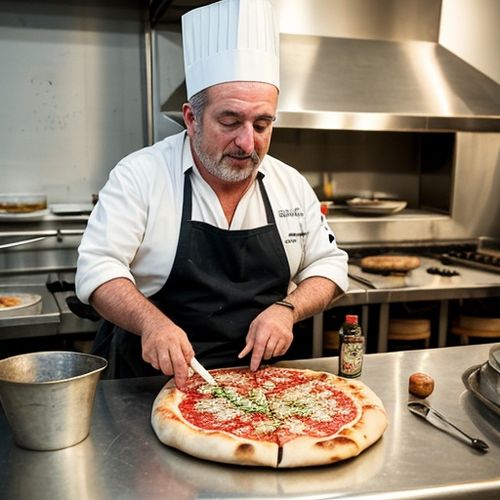
By Olivia Reed/Apr 11, 2025

By Jessica Lee/Apr 11, 2025

By Grace Cox/Apr 11, 2025

By Rebecca Stewart/Apr 11, 2025

By Olivia Reed/Apr 11, 2025